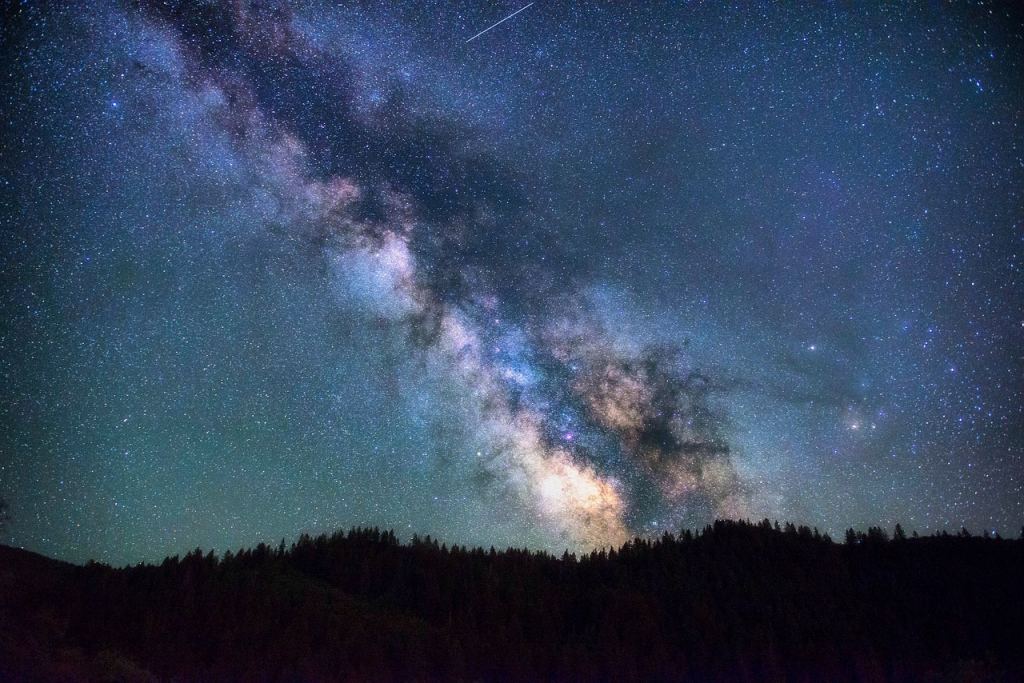At least once, you’ve looked up at the night sky and asked the same longstanding question we’ve all asked at least once, “Are we alone?” With all those points of light out there, we can’t be the only intelligent beings in the universe, right? There must be at least one technological civilization aside from us in the great vastness that we call the cosmos. The astronomer Carl Sagan was famous for his quote in his book and film, Contact, “The universe is a pretty big place. If it’s just us, seems like an awful waste of space.
” Yet, for some of us, it’s incredibly hard to fathom that it’s just us in the vast unknown full of so many stars and a growing list of exoplanets being discovered on a near daily basis. However, despite all our endless searching, we’ve so far found no one. So, what if you found out one day that it is just us? What if in the great cosmos, out of all the planets, stars, and galaxies, we are truly alone? How would you look at the universe? At humanity? At yourself? Would you believe it? Would you stop looking up at the stars entirely? Would you feel disappointed that we’re alone, that we’re truly it, or would you feel a sense of optimism knowing that the longstanding question has finally been answered once and for all? The film, Ad Astra, showed Roy McBride played by Brad Pitt searching for his father, H.
Clifford McBride, played by Tommy Lee Jones, the latter of whom was on a mission at Neptune searching for intelligent life outside of the solar system and in the rest of the universe. In the end, Brad finds his dad alone on the space station orbiting Neptune, only to discover that his father didn’t find anything. No intelligent life anywhere in the universe.
He discovered that we’re it. Throughout the film, Roy was struggling to reconnect with his father and his father was struggling to connect with the universe, and this only serves as an appropriate analogy for our own pursuit of answering the longstanding question. At one point when he’s on Mars, Roy asks himself regarding his father, “I don’t know if I hope to find him or be free of him.
” In our own pursuit of trying to answer the longstanding question, what if it’s not that we’re hoping to find intelligent life, but that we’re trying to be free of knowing if there’s intelligent life? In the end, when Clifford disappointingly tells his son that there’s no one else in the universe and that he’s failed in his mission, Roy doesn’t respond with anger or disappointment, but with optimism, telling his estranged father with a smile, “Dad, you haven’t. Now we know. We’re all we’ve got.
” In that moment, it was as if the literal weight of the universe was lifted from Roy’s shoulders knowing that we’re it. After Roy unfortunately leaves his father to die in the void, Roy notes that he can’t wait for the day that his solitude ends, and the film ends with him reconnecting with his wife. While Roy felt almost relieved to finally know the answer to the longstanding question, it’s important to ask if you’d feel the same way? Because, despite all the hopes of us finding intelligent life elsewhere in the universe, we must face the real possibility that we’re it.
That’s it just us, and where do we go from here? Are we alone in the universe? Maybe we truly are. As always, keep doing science & keep looking up! The post What if we’re truly alone? appeared first on Universe Today. .
From: universetoday
URL: https://www.universetoday.com/158868/what-if-were-truly-alone/
